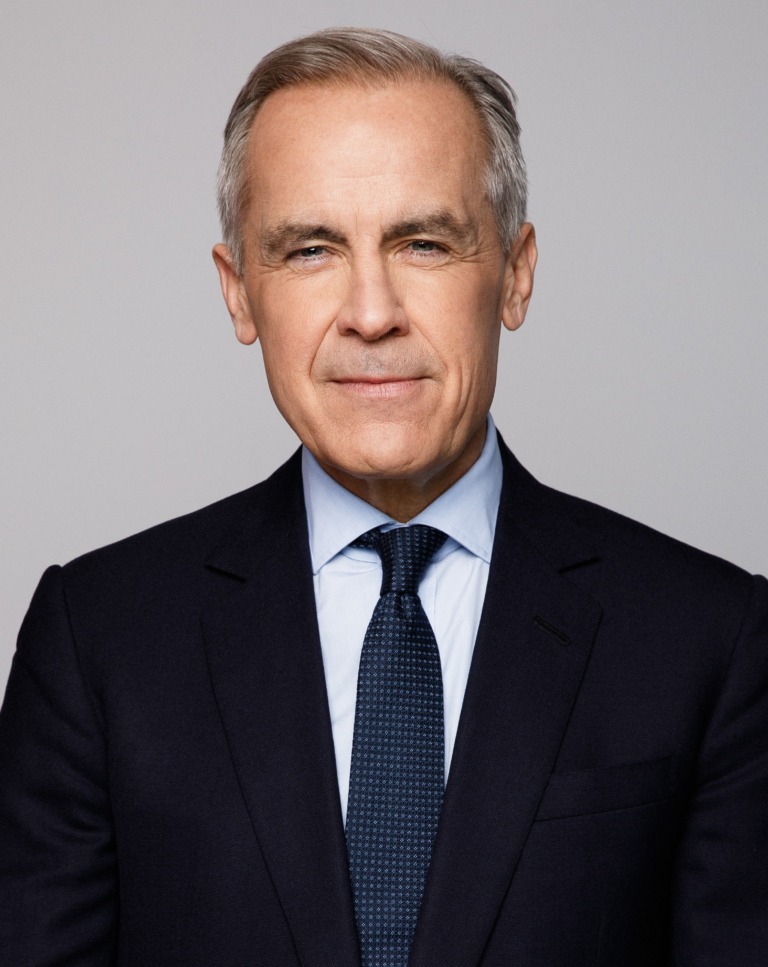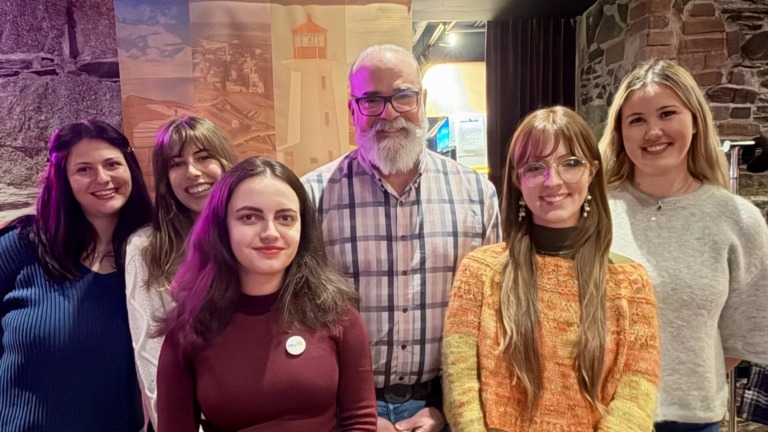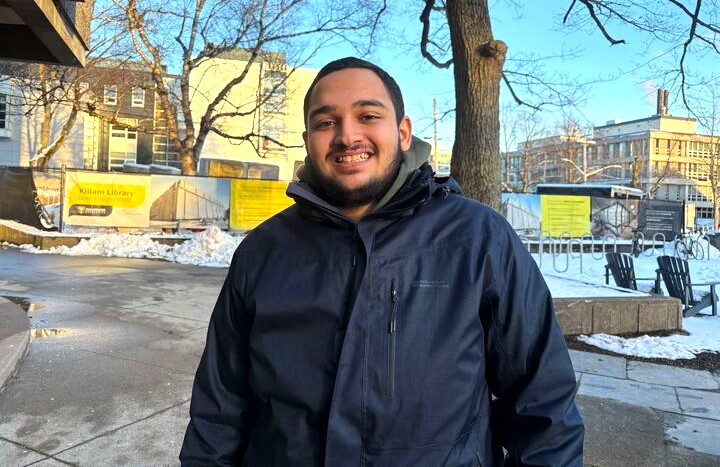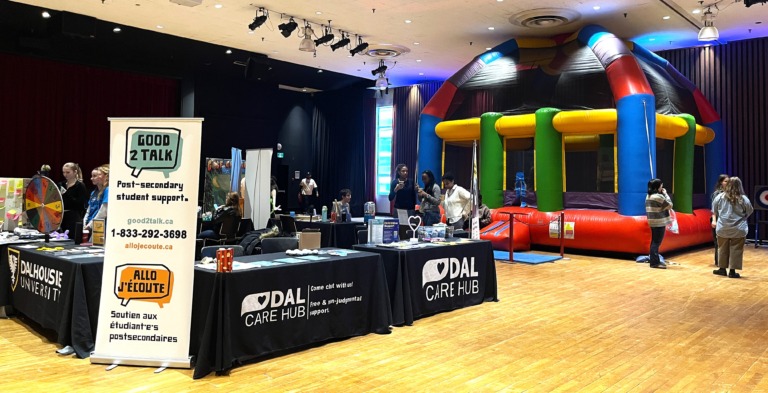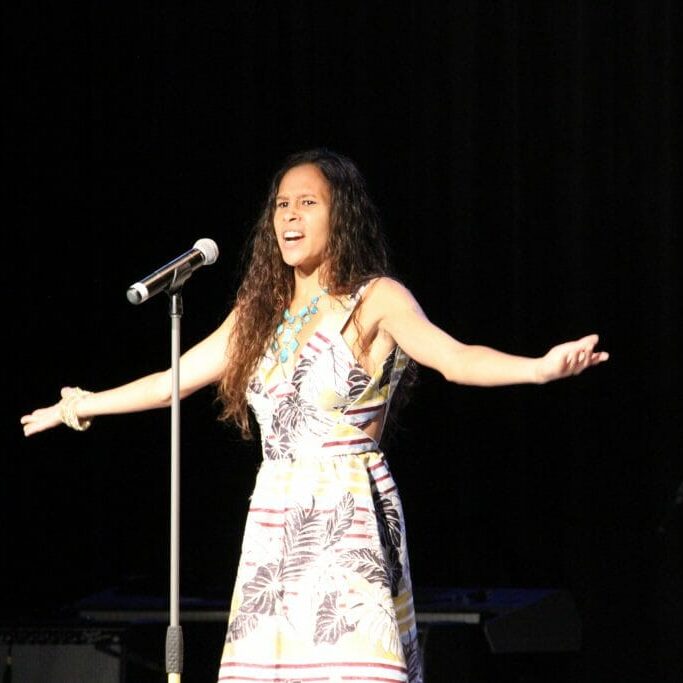
El Jones advocates system change for universities
Spoken word activist talks non-oppressive learning and accessible student resources
El Jones is advocating for non-oppressive learning environments at universities.
“The fact that people are reacting to it is why we need to say it,” says Halifax’s former poet laureate, a spoken word activist and teacher whose work is committed to social justice.
The campaign for anti-oppressive education promotes different learning styles to make classrooms accessible to a more diverse population. The movement does not have unanimous support on post-secondary campuses.
“What people can’t handle is that the university is changing and that’s a good thing,” says Jones. “You have people from different communities coming in and you have more women’s voices. For some people, hopefully a small minority of people, that’s threatening.”
Conversations around social justice issues such as racism, white privilege, colonialism, and sexism are frequently dismissed at executive levels of academic institutions.
“It is immediately framed as anti-intellectual if you push back against racism or rape culture — that you’re against free speech, and that you just want your safe space,” says Jones.
Jones, who has previously taught at Dalhousie, NSCC and Acadia, has returned from a writer’s residency in Iowa to teach at Saint Mary’s University and Mount Saint Vincent.
Jones says some faculty members contest making accommodations for students, such as trigger warnings, under the premise that they coddle students and inhibit free speech.
For Jones, trigger warnings are not just a thoughtful consideration — they are a necessity. Jones has had at least one student disclose a sexual assault to her every year since she began teaching.
“Those students aren’t weak. They’re coming to class, sitting through those classes and they’ve been raped on this campus and they’re still showing up every day.”
“Women are being sexually assaulted and they’re still expected to finish their degrees,” she says. “The people who are assaulting them aren’t being sanctioned despite the fact that we have so-called policy. Men aren’t being removed from campus and there isn’t any kind of justice. Survivors aren’t being encouraged to report.
“Why shouldn’t we understand that our students have histories of trauma that they’re bringing to the classroom? We can, as teachers, help people with navigating that. That’s not anti-intellectual or separate from learning at all — that’s part of it,” says Jones.
Jones believes the move towards anti-oppressive classrooms requires forming a new image of what education looks like.
“Maybe school looks like showing a diversity of perspectives or collaborating with your students. Maybe it looks like different assignments. Maybe it looks like understanding a severe amount of students have mental illness and that that doesn’t mean it’s not the place for them,” she says, “You can have depression and anxiety and still come to university and ask for structures for support.”
Jones says these types of accommodations are necessary to open up post-secondary education to a more racially diverse population.
“As a black woman, I experience racism on campus and I’m a privileged black woman — I’m a professor.”
Jones says despite the fact she has been able to succeed within traditional structures of education, they desperately need to change.
“I was served by these structures,” she says. “But that doesn’t mean I should only advocate for people who learn like me or read like me to be in this space.”
Jones has worked with a wide range of students in various settings: with adults, through the arts and with people in prisons.
“Learning is precious. It’s because we respect learning that we want people to have access to it. Learning isn’t some commodity that should only be doled out to so many people. People somehow feel like they own learning or that only people who look like them are the right kind of learners,” she says.
“Why should knowledge only be hoarded? It’s this very capitalist idea that everything in society can only be allowed to a small amount of people, rather than saying this is valuable so let’s make it available to people.”

